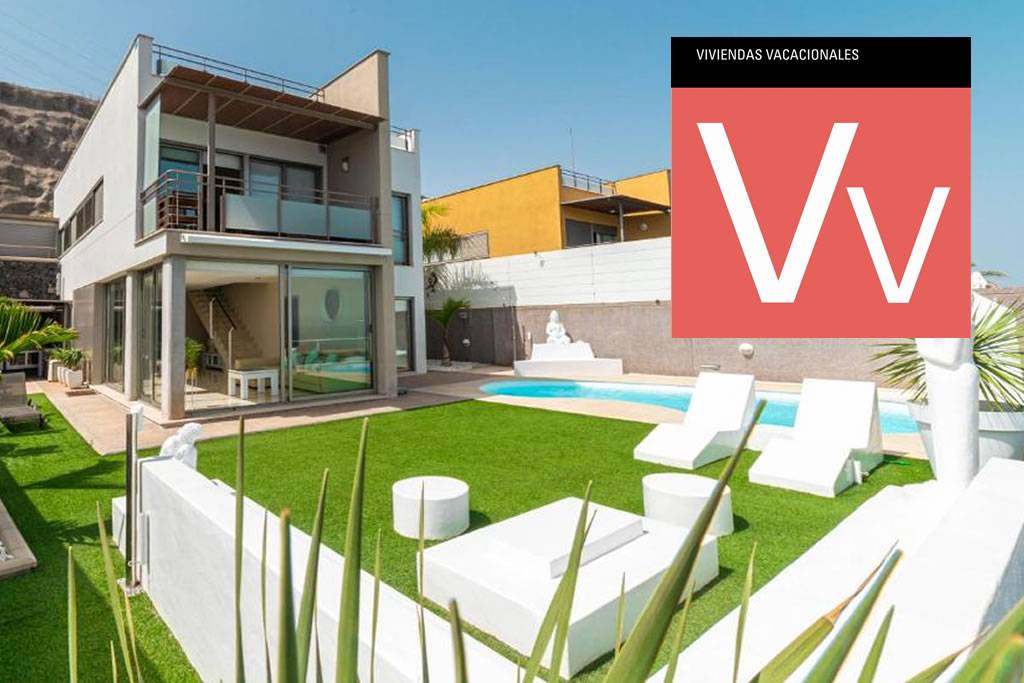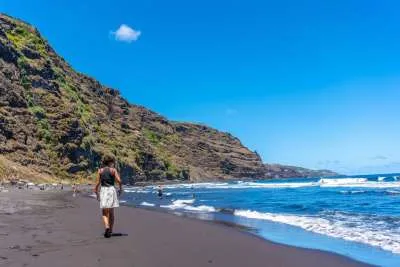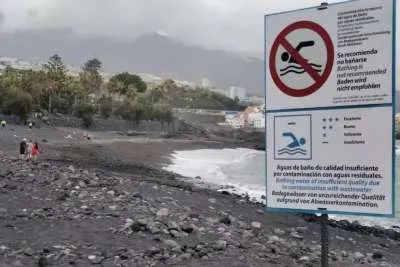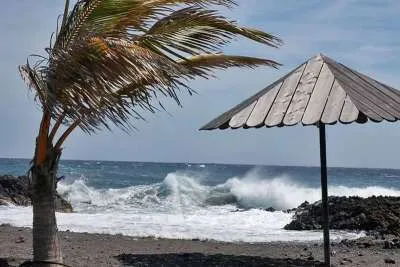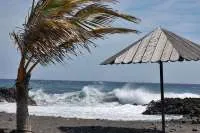New homes in the Canary Islands cannot be used for holiday rentals until they are 10 years old
- 05-04-2024
- Business
- Tourinews .
On Wednesday, the Government of the Canary Islands presented the draft of the long-awaited Law on Sustainable Planning of the Tourist Use of Housing, known as the ‘vacation rental law’. As previously reported it is now subject to being on public display until May 2nd so that people can find out more about it themselves, and if they want to, can present their own recommendations and opinions through the Transparency portal of the regional government.
Since the presentation by the Minister of Tourism and Employment, Jessica de León, and the general director of Tourism Planning, Training and Promotion, Miguel Ángel Rodríguez, new details of the content and legislation are coming to light.
One of the points that stands out is that holiday homes will have to be a minimum of 39 square metres in size, and the building in which they are located must be at least ten years old. This last requirement puts an end to the possibility of construction companies or large owners building properties, such as large villas, with the sole aim of using them entirely for tourist use, which are known as 'false hotels'.
The power, in the hands of the local councils
Likewise, De León has stressed that local councils will have the power to establish limits in the sector. “It will be the municipalities that have developed, or are developing, their urban plans that can articulate measures,” she said, emphasising that “there can only be vacation housing when the planning says there can be.”
In this way, despite being a necessary requirement, having land for residential use does not guarantee that a home can be marketed under the holiday rental regime, as was the case until now, but this will also depend on the requirements established by each municipality.
“This will mean a change to the current regulation, which does not establish qualitative or quantitative limits and where any home of the almost 1.8 million in the Canary Islands can be used for this purpose with a responsible declaration,” she added.
Protection of permanent residence
The new draft law also establishes, in a general and flexible manner, that 90% of the residential buildable area must be allocated to a permanent address, except in La Palma, La Gomera and El Hierro where 80% will apply. Furthermore, within the roadmap that the Ministry has set is to provide tools to the municipalities that allow them to adapt their urban planning regulations and delimit where they want these homes.
With this objective, the Government of the Canary Islands will make the 'Vacation Housing Dashboard' available to local councils, a digital tool that allows the evolution of this accommodation modality to be consulted in real-time and in a georeferenced manner.
The head of Tourism said that, in addition, “a management assignment is being studied and prepared with the College of Registrars for access to the tourist registry electronically, to coordinate the information, inspection and control of the activity.”
Specialisation of land or property use
Miguel Ángel Rodríguez pointed out that "when the town councils have not specialised the uses, there cannot be holiday housing." This means that, if the urban land has not been specifically classified as residential by the municipal Administration, holiday homes cannot be authorised.
He added that it will be necessary to prove that the municipality has sufficient land for permanent housing and that it is not affected by the stressed residential market regulations provided for in the latest state housing law. Likewise, it will also be essential to argue that this authorisation is compatible with residential use and they will have to meet minimum requirements of sustainability, quality and competitiveness.
Rodríguez highlighted that "if the local administration remains five years without taking any action, some rules that emanate from the draft law of the autonomous government will be applied subsidiarily, as occurs in cities such as Madrid." Homes intended for holiday and/or tourism use must meet minimum requirements of sustainability, quality and competitiveness.
The activity will be subject to the presentation of a responsible declaration, which must be accompanied by a technical report of classified activity, as well as an urban planning certificate, and homes subject to any regime of public protection (VPO).
Other articles that may interest you...
Trending
Most Read Articles
Featured Videos
TributoFest: Michael Buble promo 14.02.2026
- 30-01-2026
TEAs 2025 Highlights
- 17-11-2025


